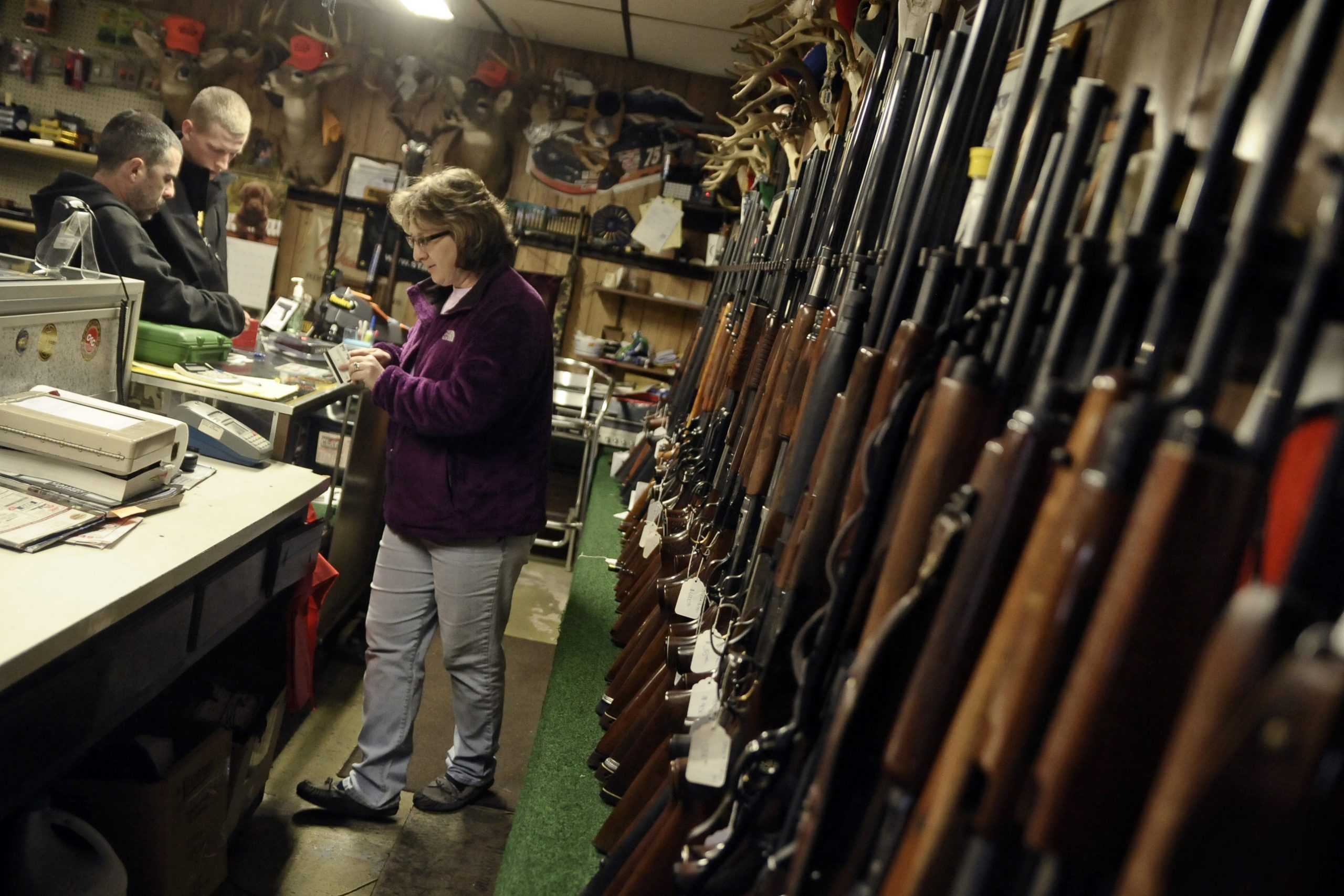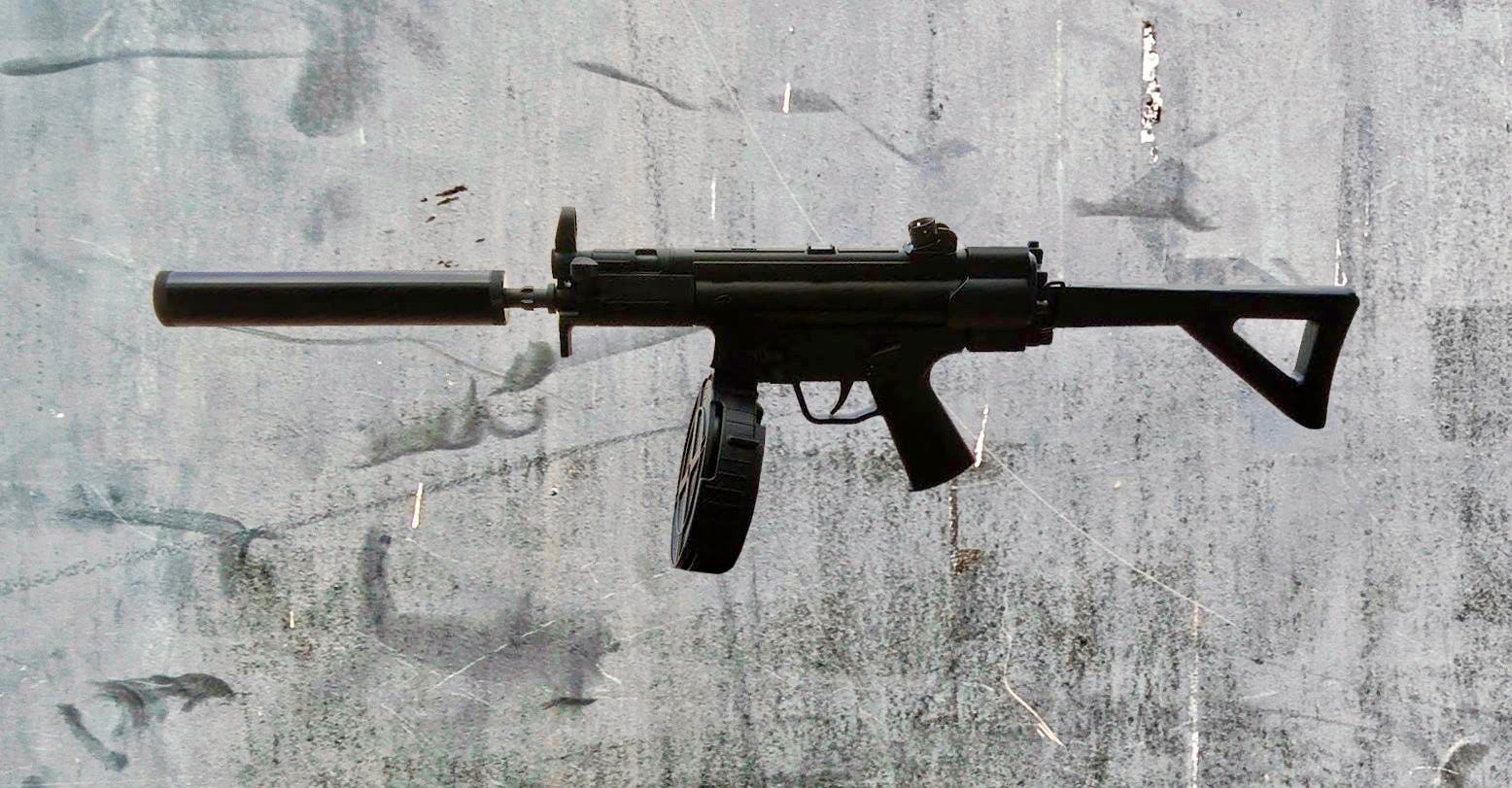The federal agency charged with keeping guns out of criminals’ hands has beefed up its system for alerting firearms dealers about local burglaries. The Bureau of Alcohol, Tobacco, Firearms and Explosives is now emailing gun merchants who included an address in their license application if another gun store is robbed in their area, the agency said. This is in addition to a phone message that currently goes out.
The additional measure is meant to ensure that more dealers receive the alert, but it has significant limitations: the agency has email addresses on file for fewer than half of the 60,000 federally licensed retailers in the United States.
The ATF launched the warning system, called “fflAlert,” in January in response to a wave of gun store break-ins. More than 7,488 firearms were stolen from licensed dealers in 2016, a 59 percent increase over 2015. The number of burglaries increased 30 percent.
Stolen guns supply the black market and are often used in crimes. In 2015, a New York Police Department officer was murdered with a pistol stolen from a Georgia gun shop.
In early June, The Trace reported that only a small fraction of gun dealers located near recently burglarized peers could recall receiving one of the bureau’s automated fflAlert phone calls. The Trace contacted 25 different licensed dealers located in five different counties across the country that had seen a gun store burglarized in April or May. Only four owners or managers could recall receiving the fflAlert call. Seven were not aware there had been a burglary nearby.
The ATF said in a statement that fflAlert was not set up to keep calling until someone answered, nor could the agency keep track of how many calls were actually received. The robocall system does leave a voicemail, but not all dealers are obligated to be able to receive such messages.
The fflAlert system kicks into gear when a dealer reports a theft. The call alerts nearby gun shops, describes how thieves gained access, and urges dealers to “ensure the security of both your inventory and property.” The program uses phone numbers provided by stores to the ATF during the licensing process. The ATF says the calls are made between 9 a.m. and 5 p.m., seven days a week.
The text of the email the agency sends to gun stores is identical to the script that the robocalls follow.
“It’s nothing the law requires, but it’s a service we provide,” said Andy Graham, a deputy assistant director for field operations with the ATF who supervises the notification program. “We want people to be diligent in securing their premises and inventory.”
While the emails may boost awareness, they won’t reach every dealer. That’s because firearm sellers are not required to submit an email when they apply for a license. According to Mary Markos, an ATF spokeswoman, only 25,000 of the approximately 60,000 retail gun dealers provided the agency with an email address.
Graham said dealers are enthusiastic about fflAlert and consider it helpful. In April, the ATF reached out to 6,000 licensees to survey them about the system and the threat of theft. Graham said that 40 percent of respondents said the calls prompted them to review security practices. He added that the ATF plans a year-end follow up survey, as well.
The agency is limited from doing much more to improve gun store security. The federal government compels other businesses that handle potentially harmful inventory, like explosives or pharmaceuticals, to take steps to prevent their goods falling into the wrong hands, but there are no national standards. Only a handful of states, including California and Connecticut, have passed laws mandating anti-theft measures at federal firearms licensees.
Inspectors and industry operations specialists are restricted to providing literature on different kinds of security features for gun stores, and offering advice.
“We can suggest all day long,” Graham said, “but ultimately, it comes down to the dealer taking responsibility for their facility and inventory.”


